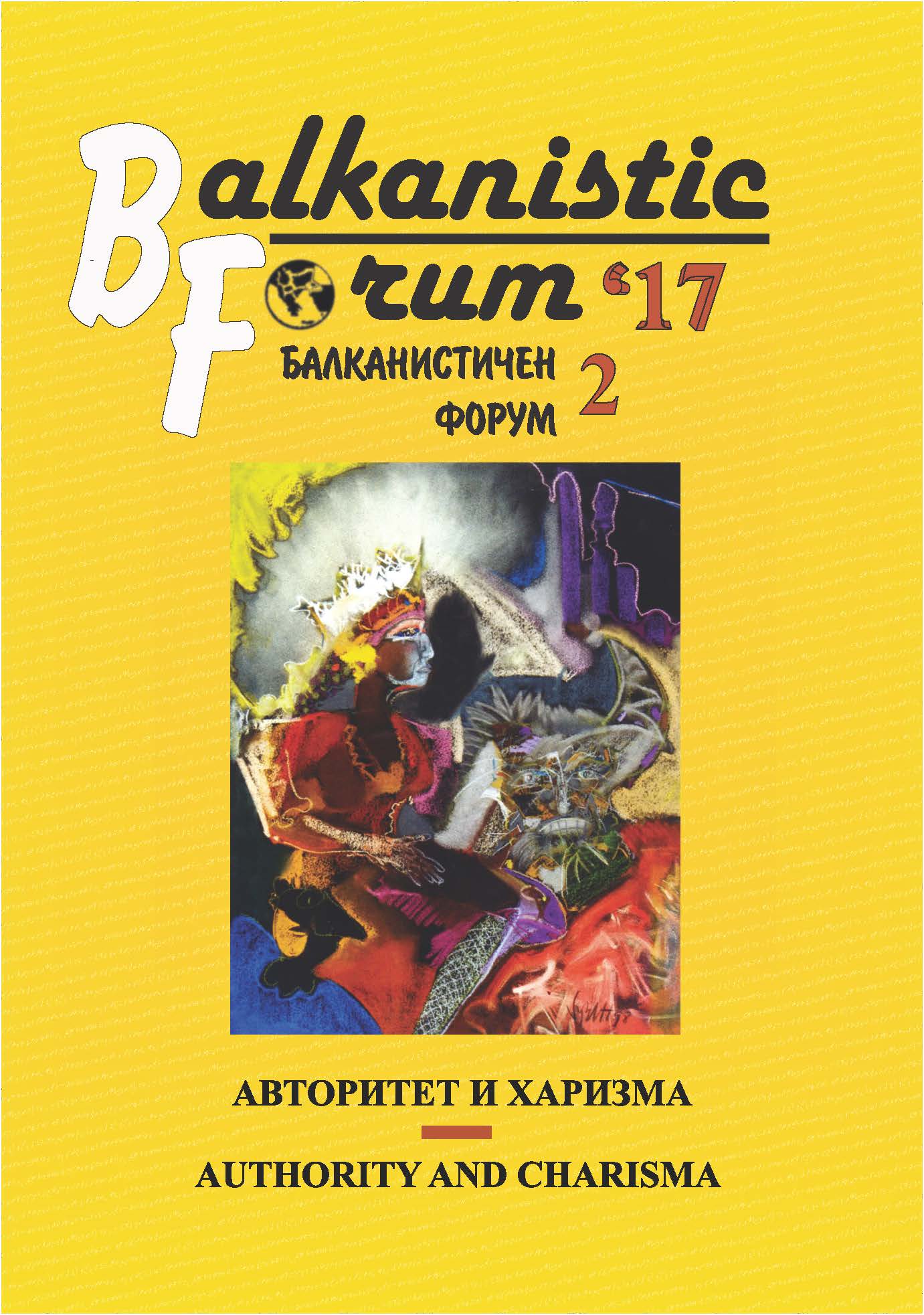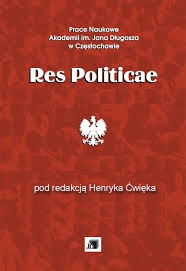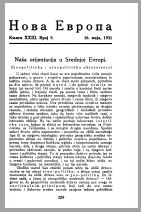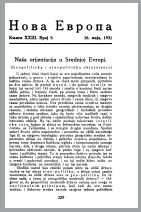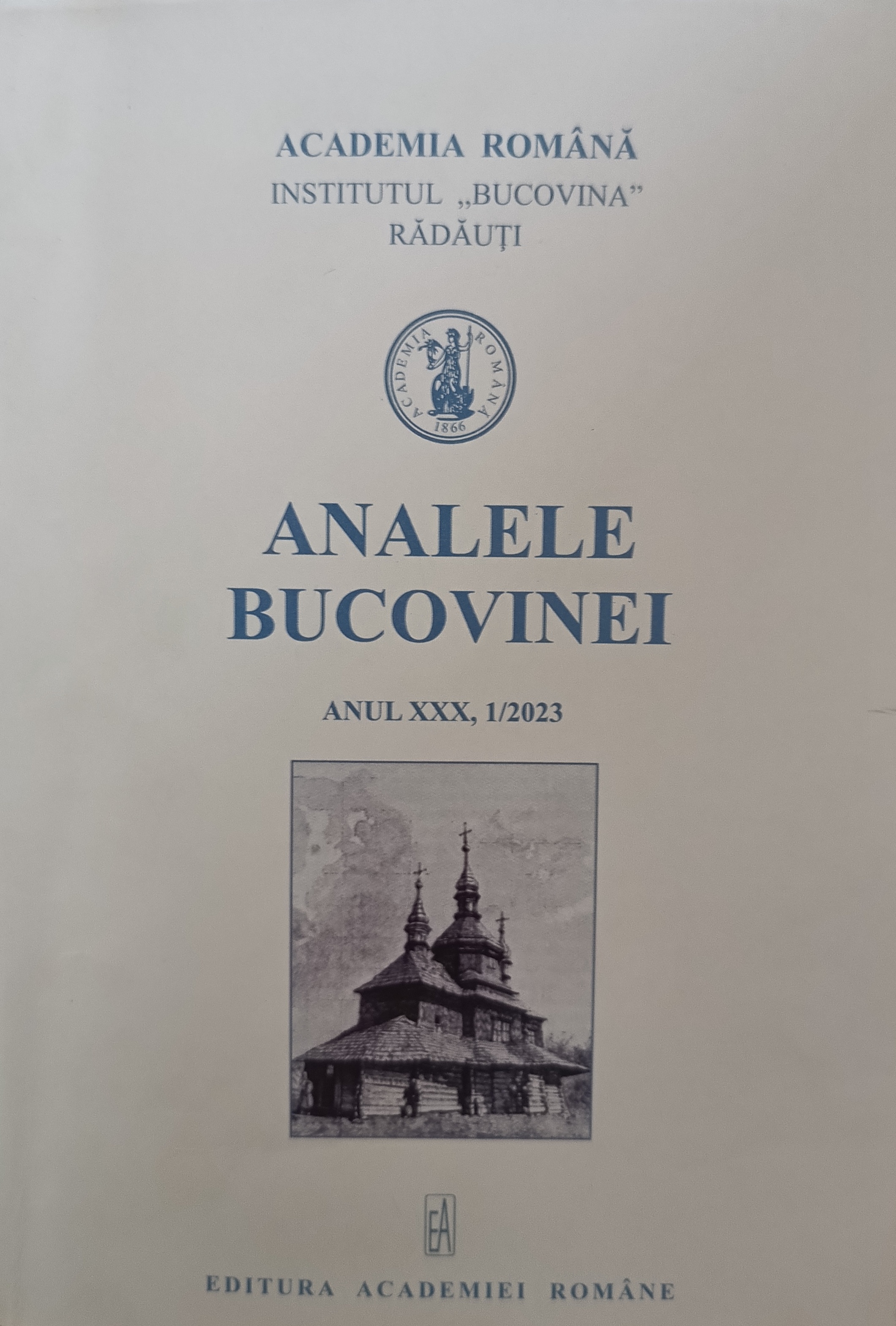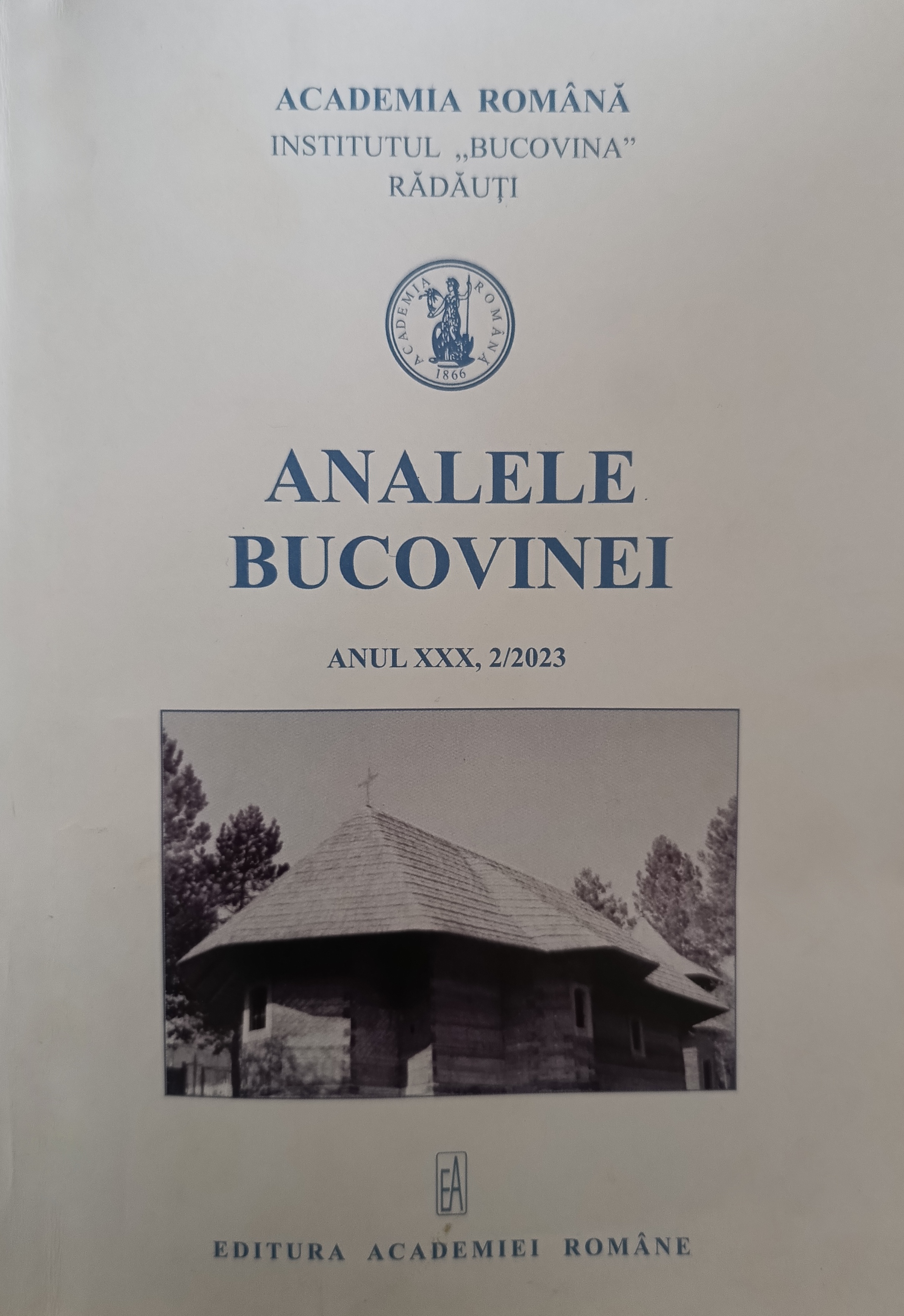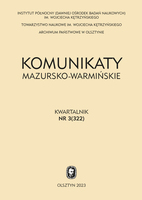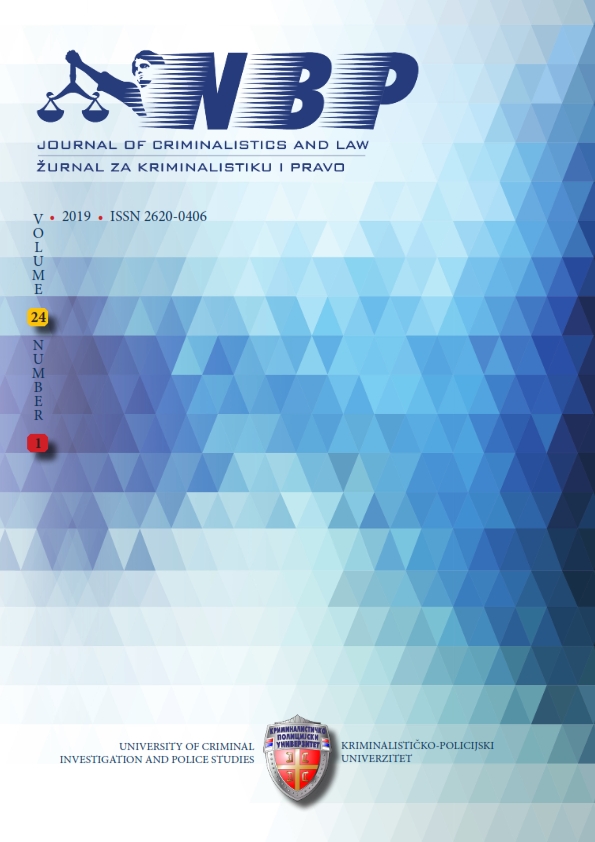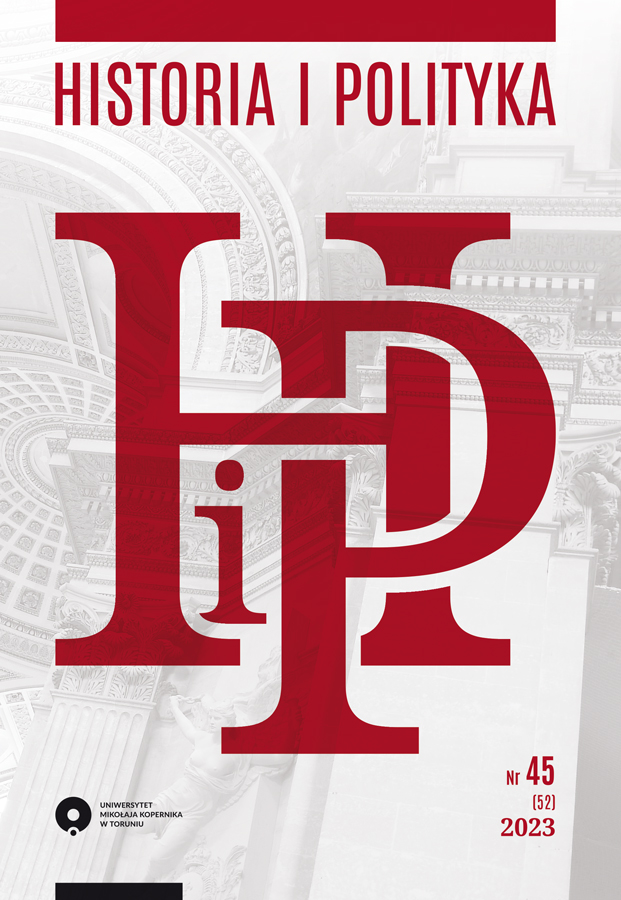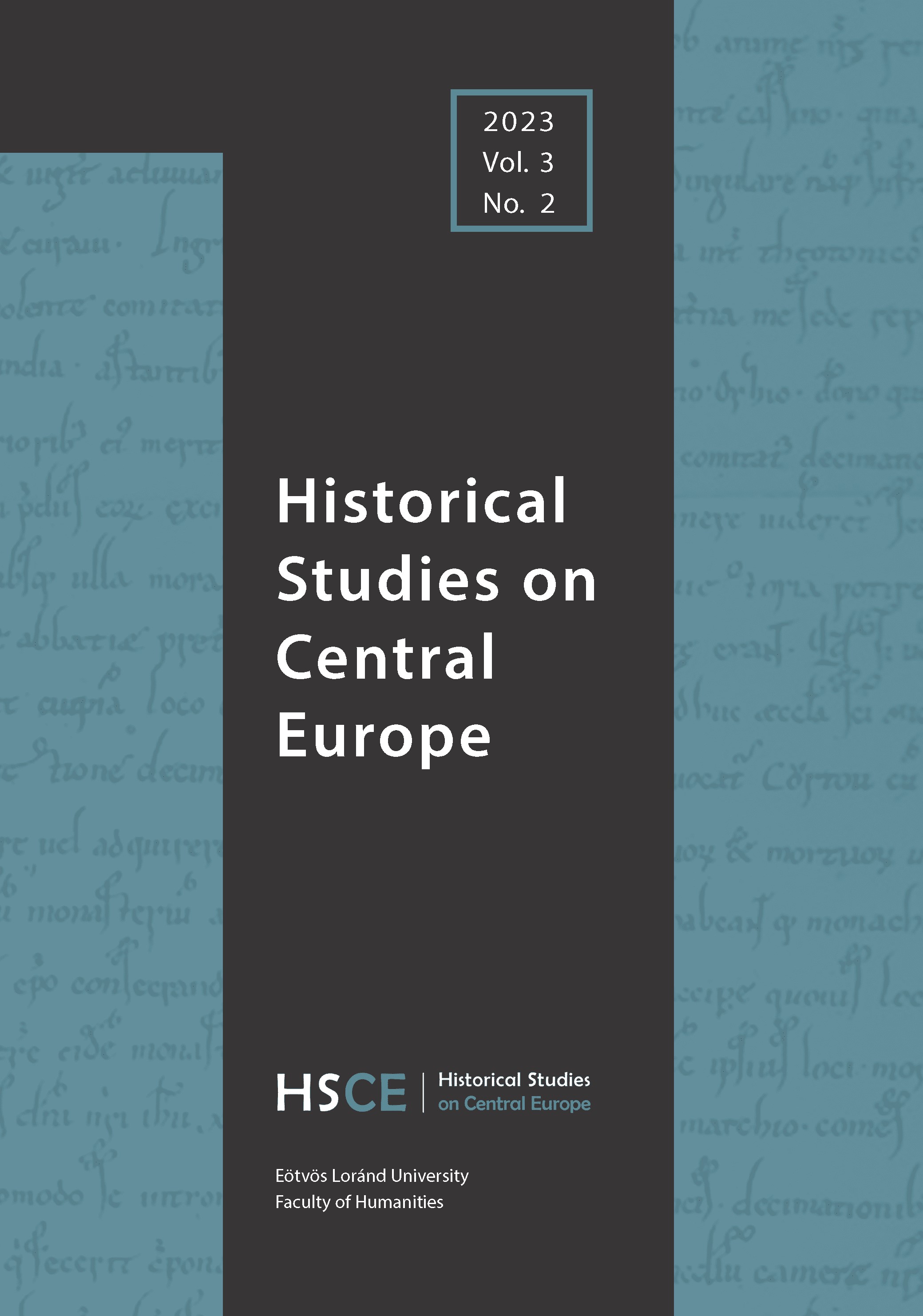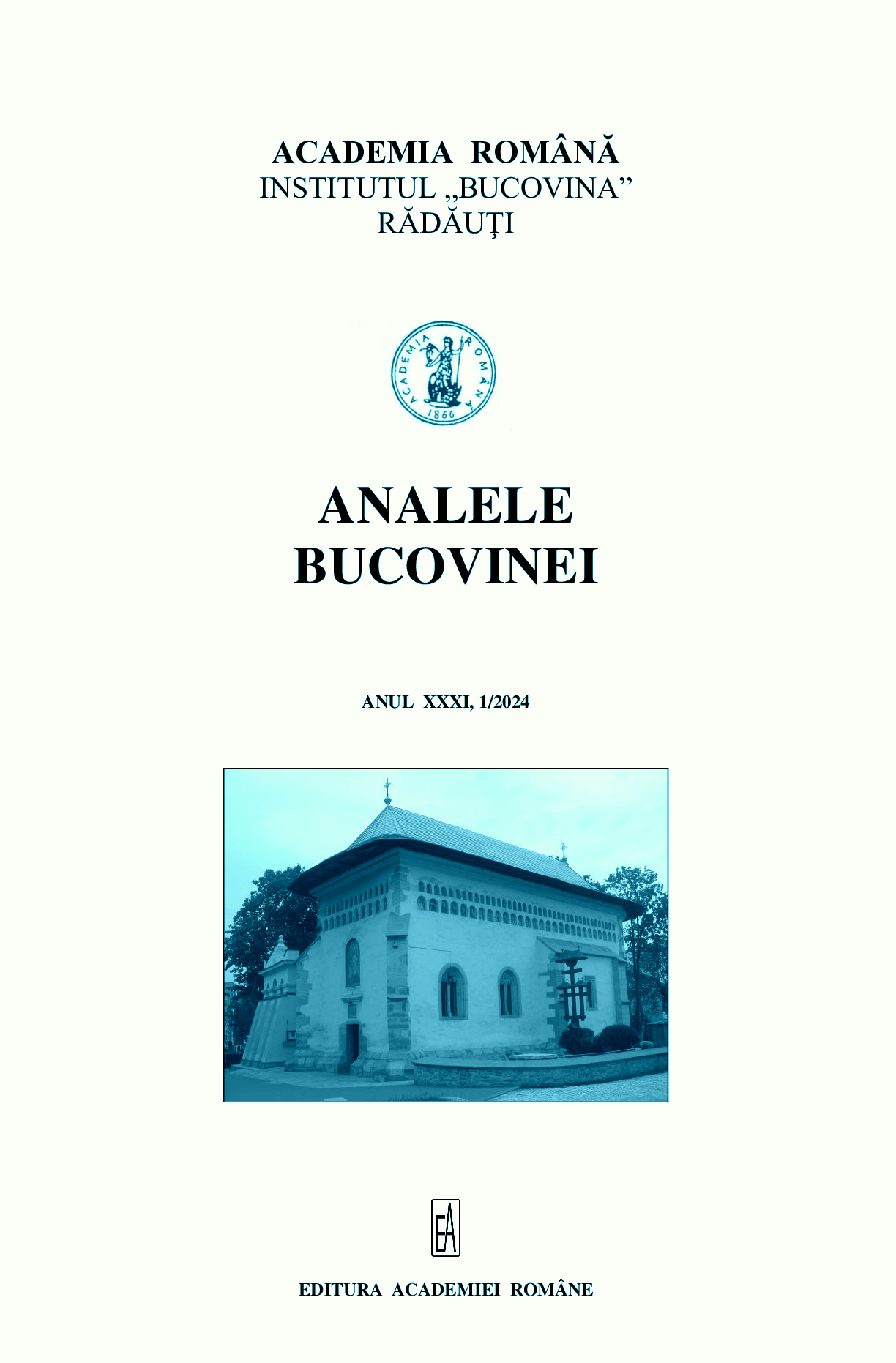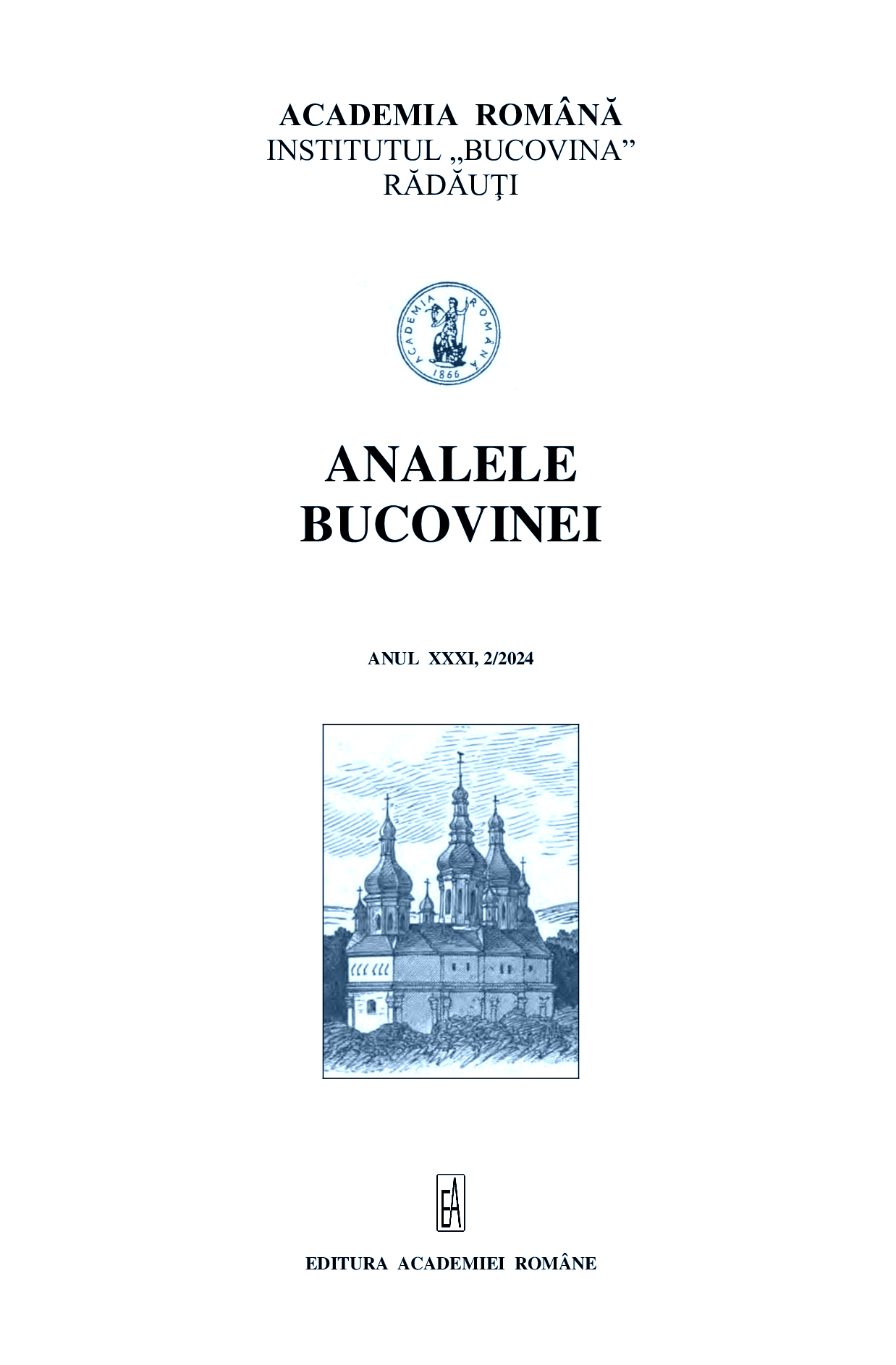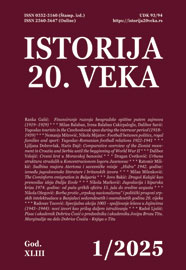Author(s): Rodica Jugrin / Language(s): Romanian
Issue: 2/2024
The parliamentary elections of March 1–11, 1922, were of particular significance, as the legislative bodies to be elected were granted, by royal decree, the character of a Constituent National Assembly, tasked with revising the Constitution. These elections were organized by the liberal government led by Ion I. C. Brătianu (January 19, 1922 – March 30, 1926), based on the three electoral decree-laws of the Kingdom of Romania, Transylvania, and Bukovina. Following the elections, the National Liberal Party achieved its goal of obtaining parliamentary majority. In Bukovina, these elections were organized based on Decree-Law No. 1638/ April 8, 1920, which amended certain provisions of Electoral Decree-Law for Bukovina No. 3620/ August 24, 1919. The March 1922 elections saw candidates from the Democratic Union Party (P.D.U.), Peopleʼs Party (P.P.), Federation of Socialist Parties of Romania (F.P.S.R.), and independent candidates participating. Compared to previous elections, there were more candidacies from politicians who were not born in Bukovina. On the electoral lists of P.D.U., senators and ministers ran and were validated: Arthur Văitoianu (Counties Coțmani – Zastavna) and Ion I. C. Brătianu (County Rădăuţi), while Alexandru Constantinescu was validated as a deputy from the County of Vijnița. Regarding minority candidates (Jews, Germans, Ukrainians), 12 ran for the Chamber of Deputies and five for the Senate, on the lists of P.D.U., P.P., F.P.S.R., or as independents, three of whom were validated as deputies and one as a senator. In the Parliament of Unified Romania, in the 1922–1926 legislature, the population of Bukovina was represented by 17 deputies and 10 senators (including one ex officio –the Metropolitan of Bukovina and nine elected – eight through universal suffrage and one elected on behalf of the University of Chernivtsy), who ran on behalf of P.D.U. (which would merge, shortly after the elections, in January 1923, with P.N.L.) and F.P.S.R. In the first part of this documentary, we present the validation of the elections for the Assembly of Deputies. The following were proclaimed deputies: Filaret Doboș, Iorgu G. Toma, Romulus Reuț, Teofil Simionovici, Ion I. Nistor, Aurel Morariu, Vasile Ungureanu, Gavril Rotică, Dimitrie Marmeliuc, Nicu Flondor, Benno Straucher, George Vascan Ananie, Iosif Vihovici, Alexandru Constantinescu, Vasile Marcu, Leon Roșca (all members of P.D.U.) and Iacob Pistiner (member of F.P.S.R.)
More...
